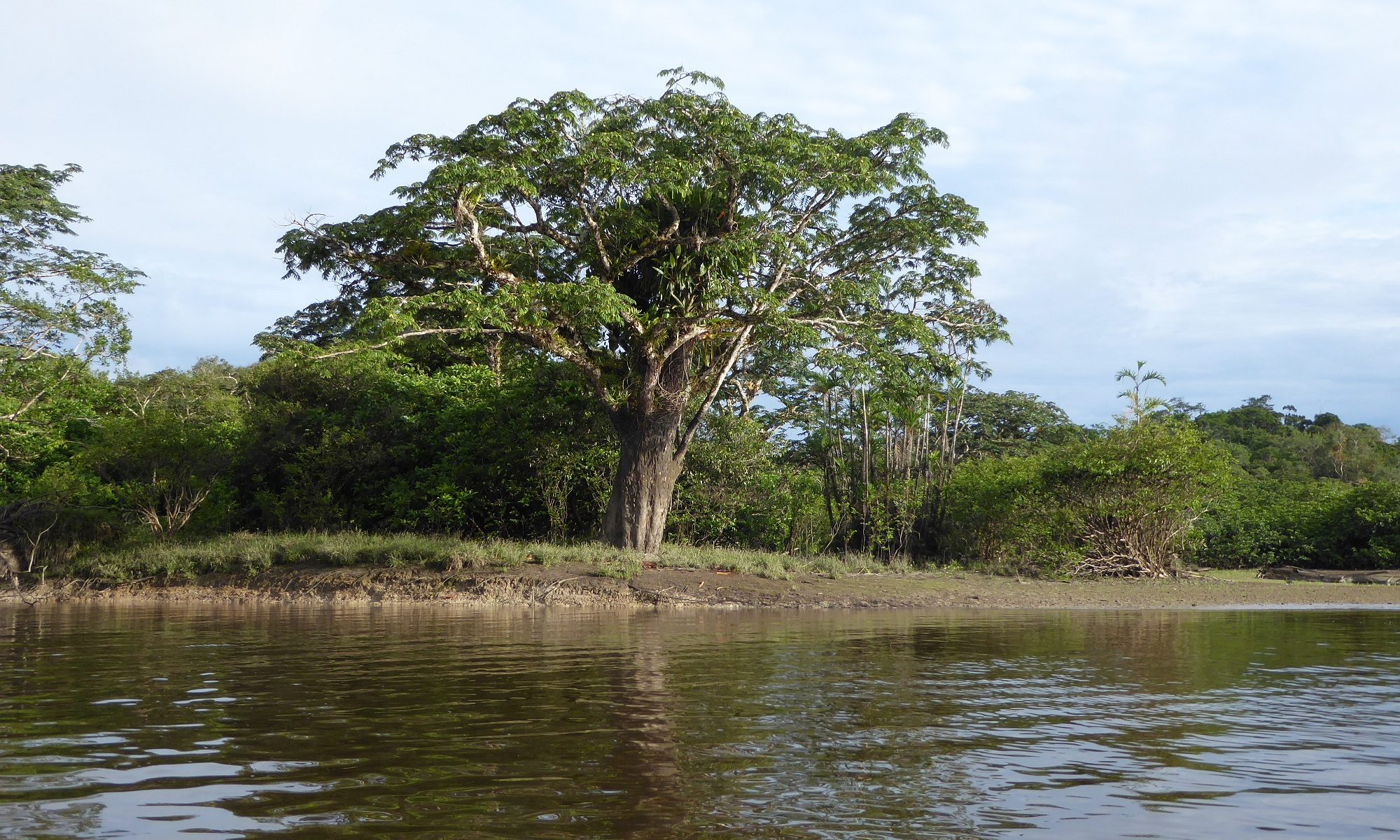Our Helsinki-based team has participated in the book Situating Sustainability: Handbook of Contexts and Concepts edited by C. Parker Krieg and Reetta Toivanen, published in November 2021, with three conceptual chapters that refer to our research within the project “Goal 4+ Eco-cultural Pluralism in Ecuadorian Amazonia”. The three chapters deal with the concepts of: Anthropocene from the indigenous perspective of the Kawsak Sacha (living forest); Intercultural Bilingual Education experiences in Ecuador; and Politics of Scales informing territorial strategies of indigenous peoples.
Chapter 3: Anthropocene Conjunctures: The Anthropocene is the proposed name for a new geologic era in which humans are held to be a defining agent of planetary history, largely by the effect of fossil fuel use in industrial societies. This chapter contextualizes the rise of Anthropocene discourse across academic disciplines and provides critical examples from an ‘ecomodernist’ institute located in California, and from the indigenous Kichwa people of Ecuador and their strategies of political ecology based on the kawsak sacha (living forest) principle. The chapter illustrates the pitfalls and potential offered by this new periodization of anthropogenic change and the definition of the anthropos that the term calls into question. Drawing on posthumanist geography and cultural studies, it also challenges the centrality of the human agency.
Krieg, C. P., & Minoia, P. (2021). Anthropocene Conjunctures. In R. Toivanen, & C. P. Krieg (Eds.), Situating Sustainability: A Handbook of Contexts and Concepts (pp. 39-50). Helsinki University Press. https://doi.org/10.33134/HUP-14-3
Chapter 5: Education: This chapter illustrates the transformative role that national education systems can play in working toward Sustainable Development Goals. Offering comparative examples from the ‘plurinational state’ of Ecuador and the ‘Northern European welfare state’ of Finland, the chapter discusses diverse approaches to sustainability through education within global discourses and national education policies in two different contexts. The chapter highlights the potential of teaching languages, critical thinking and global consciousness, and cultural alternatives to high-consumption lifestyles. In the first example, it examines the buen vivir (good living) principle in the context of Intercultural Bilingual Education in the Latin American plurinational, pluricultural, and multiethnic state of Ecuador.
Veintie, T., & Hohenthal, J. (2021). Education. In C. P. Krieg, & R. Toivanen (Eds.), Situating Sustainability: A Handbook of Contexts and Concepts (pp. 63-77). Helsinki University Press. https://doi.org/10.33134 /HUP-14-5
Chapter 7: Scales: This chapter rethinks scales as an opportunity for sustainability studies to engage with decolonial strategies that stand against the confinement of Southern studies as local knowledge, compared to the Western knowledge that is seen as universal. Politics of scales inform sustainability science to focus carefully on peoples’ institutions, territories, and territorialities as contingent levels of power interactions. Examples are offered by the plurinational ‘scale jumping’ as rescaling strategies played by indigenous organizations in Ecuador in relation to the central powers, to affirm the plurinational identity of the state; and by kinship networks in Northeast Madagascar. These strategies redefine the western ordering of scales and redress complicated histories of ecological and social colonization.
Minoia, P., & Mölkänen, J. (2021). Scales. In C. P. Krieg, & R. Toivanen (Eds.), Situated Sustainability : A Handbook of Contexts and Concepts (pp. 91-104). Helsinki University Press. https://doi.org/10.33134 /HUP-14-7

